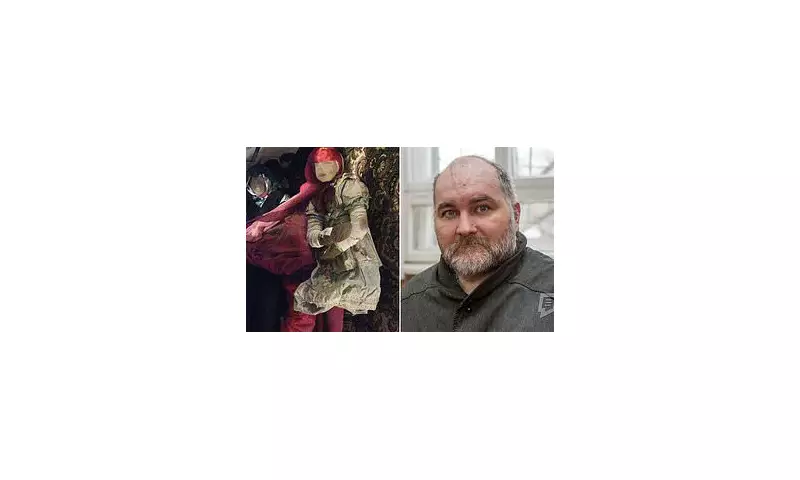
In a decision that has sparked outrage and disbelief, a convicted grave robber who stole the bodies of young girls to create macabre 'dolls' from their remains has been freed after serving just one month of his prison sentence.
The disturbing case involves a man whose crimes have been described as among the most horrific in recent memory, yet he has walked free under circumstances that have left victims' families and legal experts stunned.
The Gruesome Crimes
Court documents reveal the perpetrator engaged in systematic grave robbing, specifically targeting the resting places of young females. His motive: to transform the stolen corpses into what he described as 'dolls' through a process that involved preserving and altering the bodies.
One particularly chilling aspect of the case involved the theft of a young girl's body, which the offender then subjected to preservation techniques before dressing and displaying the remains in his home. The psychological profile presented during trial suggested the individual suffered from severe mental health disorders that manifested in this grotesque behaviour.
Shockingly Short Sentence
Despite the severity of his crimes and the profound trauma inflicted on multiple families, the offender received what many are calling an astonishingly lenient sentence. Originally handed down a prison term that already seemed inadequate given the nature of his offences, he has now been released after serving just four weeks.
The early release has raised serious questions about the justice system's handling of such unusual and disturbing cases. Legal experts note that while mental health considerations often play a role in sentencing, the public safety implications of this decision are concerning.
Families' Ongoing Trauma
For the families whose loved ones' graves were violated, the news of the early release has compounded their suffering. Many had believed the original sentence already represented a failure of justice, but the rapid release has added insult to injury.
One family member expressed their devastation, stating that the justice system had failed to protect either the dignity of the deceased or the wellbeing of living relatives who continue to suffer from the knowledge of what happened to their loved ones' remains.
The case continues to raise difficult questions about how society deals with offenders who commit crimes that fall outside conventional understanding, and whether the justice system is adequately equipped to balance mental health considerations with public safety and victims' rights.





